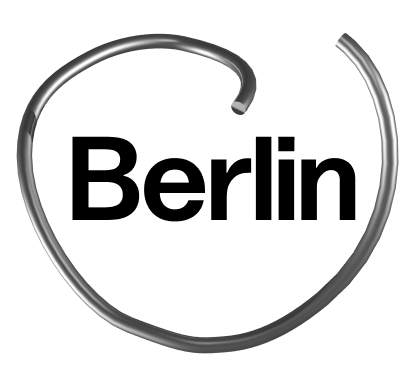Mykola Ridnyi
Mykola Ridnyi (born 1985 in Kharkiv, Ukraine) currently lives and works in Berlin, where he holds a guest professorship for multimedia art at the University of the Arts. He graduated from Kharkiv National Academy of Design and Arts in 2008, where he studied sculpture. Since 2005, he has been a founding member of the SOSka group, an art collective based in Kharkiv. The same year he cofounded the SOSka gallery-lab, an artist-run space in Kharkiv. Under Ridnyi's leadership, SOSka was instrumental in developing the artistic scene in the region before it closed in 2012. Starting from his curatorial project Armed and Dangerous (2017–2021), Ridnyi began to develop a platform for collaboration between Ukrainian moving image artists and filmmakers. In 2022 he curated screening programs of Ukrainian film and video art at DAAD gallery (Berlin), MAXXI (Rome), Folkwang Museum (Essen), and National Gallery (Sofia). Ridnyi works across media, ranging from early collective actions in public space to the amalgam of site-specific installations. Photography and moving image constitute the current focus of his practice. In recent films and images, he has experimented with nonlinear montage, collaging documentary and fiction. His approach to reflecting social and political reality draws on the contrast between fragility and resilience in individual stories and collective histories.
The Battle Over Mazepa
2023,
4K video, 20 min, HD video, 6 min.
The Battle Over Mazepa conceptualizes the historical significance and contemporary perception of Ivan Mazepa, a political and military leader of the Zaporizhian Sich and Left-bank Ukraine in the late seventeenth and early eighteenth centuries. From hip-hop culture, Ridnyi borrows the popular form of a rap battle to collide two great works of world literature associated with this historical figure: Mazeppa by Lord Byron (1819) and Poltava by Alexander Pushkin (1828–29). While Byron envisions Mazepa as a romantic hero, possessed by love, Pushkin portrays him as a traitor in accordance with the colonial attitude of the Russian Empire. Highlighting the confrontation of these two texts, Ridnyi invited four rappers from different national and cultural backgrounds to write and perform their response to the poets’ lyrics, resulting in a rap-battle over six rounds and additional video footage of interviews in which the performers give a personal take on the project’s context.


neue Gesellschaft für bildende Kunst (nGbK), station urbaner kulturen/nGbK Hellersdorf, Between Bridges, Prater Galerie
February 23–June 9